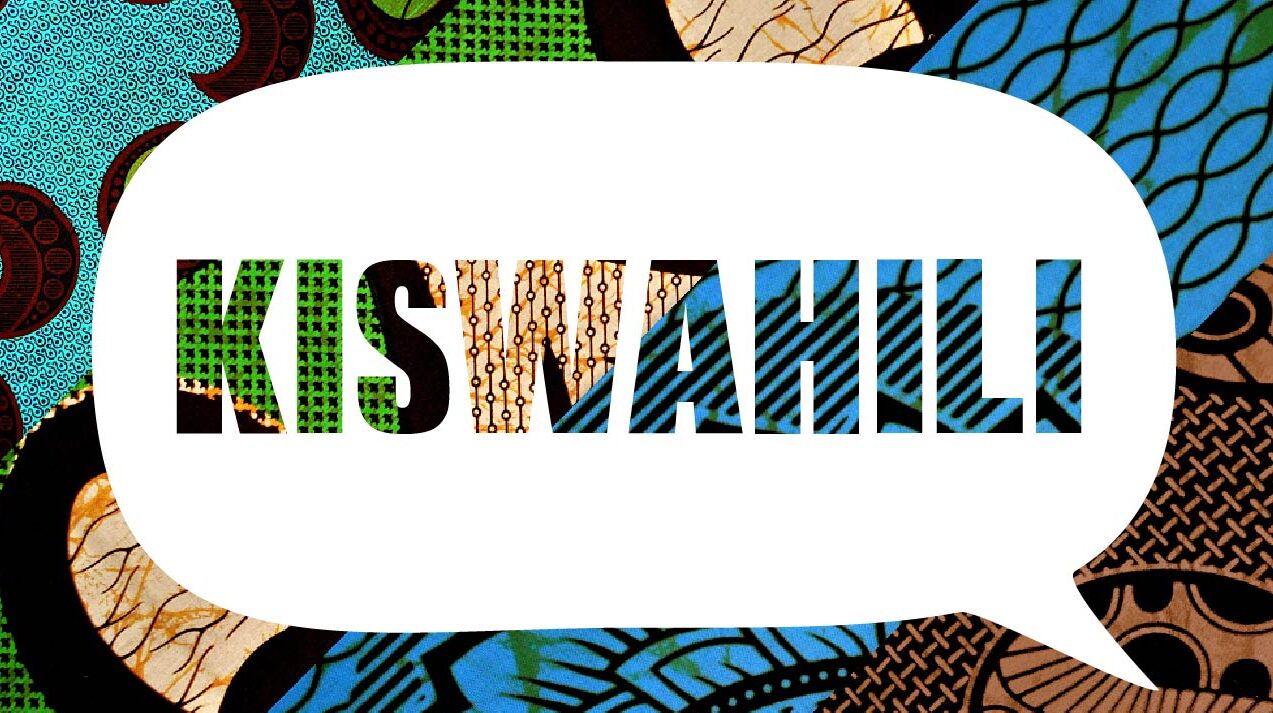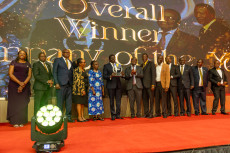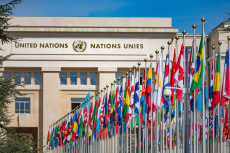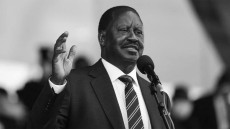- Works such as "Kigogo," "Chozi La Heri," and "Tumbo Lisiloshiba" demonstrate the power of Swahili in education and the cultivation of a culture of peace.
On July 7, 2024, the world celebrated the 3rd annual World Swahili Day, following the decision by the UNESCO General Congress in 2021 to dedicate July 7 to this language.
This year's theme, "Kiswahili: Education and Culture of Peace," aimed to promote the use of Swahili as a tool for cultivating a culture of peace in communities and countries worldwide.
Various stakeholders have called for the widespread adoption of Swahili in national activities, such as court proceedings, public participation, and peacekeeping efforts. There have also been calls to translate key government documents, including constitutions, into Swahili to ensure accessibility and understanding for all citizens.
Language is a powerful tool for communication and a gateway to many opportunities. By leveraging the widespread use of Swahili in Africa, we can advocate for peace in a region that continues to struggle with conflicts.
The East African Community convened in Mombasa during the 2nd East African Kiswahili Commission International Conference to discuss the way forward and provide guidance on the future use of Swahili in promoting peace and socioeconomic development.
Read More
The The East African Legislative Assembly (EALA) speaker, Joseph Ntakirutimana advocated for Swahili to be made an official language across member countries, as it would strengthen regional relations and serve as a unifying force.
“To achieve regional cooperation, unity, socioeconomic development and prosperity, it is essential to strengthen our interactions through the use of a common language,” Ntakirutimana said.
Incorporating Swahili into early childhood curricula will enable better understanding and dissemination of the language, as students will have a solid foundation in it as they progress through their education and interact with each other.
Despite the misconception that Swahili is a language for the uneducated, many literate and accomplished individuals across various professions use it daily. In recent years, other continents have also incorporated Swahili into their educational systems, recognizing its cultural and societal impact.
With the advancement of technology and the development of artificial intelligence, Swahili enthusiasts should focus on research and data-driven approaches to enhance the usage and education of the language, ultimately promoting a culture of peace.
Digital platforms can be leveraged to spread the importance of Swahili as an African language and a tool for peace while also serving as a potential source of income through content monetization.
The recent peaceful anti-tax protests in Kenya were partly inspired by Swahili literature that taught the youth to stand up for their rights peacefully and hold those in power accountable.
Works such as "Kigogo," "Chozi La Heri," and "Tumbo Lisiloshiba" demonstrate the power of Swahili in education and the cultivation of a culture of peace.
Together, we must embrace Swahili and become ambassadors of this treasure of a language. We must use it to cultivate a culture of peace and education within our society while also celebrating those who champion its usage.












